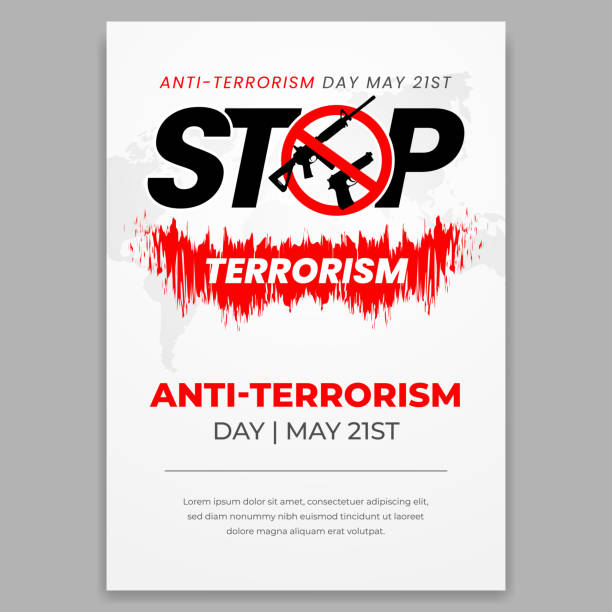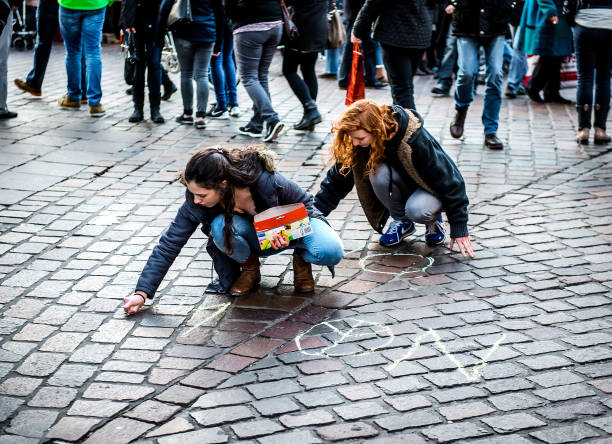UNICEF Day 2024 Quotes
UNICEF Day 2024 is an opportunity for all of us to come together and advocate for the rights and well-being of children everywhere.

On May 21, India celebrates Anti-Terrorism Day. The LTTE terrorists killed Rajiv Gandhi, the seventh Prime Minister of India, on this day in 1991 at Sriperumbudur, Tamil Nadu, when he was campaigning for the Congress party. The purpose of the holiday is to promote harmony and peace.
In India, May 21 is designated as Anti-Terrorism Day each year. By exposing the suffering of everyday people and demonstrating how it is detrimental to the national interest, the goal of observing this day is to wean the youth away from terrorism and the religion of violence. The former Indian prime minister Rajiv Gandhi was killed on this day in 1991. While India celebrates Anti-Terrorism Day, this year marks the 30th anniversary of Rajiv Gandhi's passing.

The MHA suggests that the officials seriously take the "Anti-Terrorism Promise" at their rooms or offices, bearing in mind the participants' and organisers' safety and avoiding large public gatherings.
History
After Rajiv Gandhi, India's seventh prime minister, was assassinated on May 21, 1991, National Against Terrorism Day was formally declared. He was murdered in Tamil Nadu during a terrorist's campaign. Then, during the administration of V.P. Singh, the centre chose to recognise May 21 as Anti-Terrorism Day. On this day, all government offices, public sector organisations, other public institutions, etc. take an anti-terrorism oath.
![]()
Objective
The security of national people as well as the peace and prosperity of the international community are directly threatened by terrorism in all of its forms and manifestations. It is an ongoing worldwide threat that is independent of geography, country, or religion, and it is a problem that the whole world community must address.

The goal of Anti-Terrorism Day is to raise awareness of terrorism's anti-social deeds as well as to convey the message of peace, humanity, unity, and harmony among the populace.
Importance
This day provides a chance to recognise the sacrifices made by thousands of security officers in the war against terrorism, but it also serves as a warning that terrorism still poses a serious danger to the nation's unity and peace. On this day, a number of social and governmental organisations organise activities to promote togetherness and patriotism among the populace. They also teach citizens how to support the security services in their fight against terrorism by acting as a force multiplier.

UNICEF Day 2024 is an opportunity for all of us to come together and advocate for the rights and well-being of children everywhere.
Every year on December 10th, it is celebrated. The Universal Declaration of Human Rights (UDHR) was approved by the UN General Assembly on this day. Get motivational sayings updates to share by reading this article.
International Anti-Corruption Day is celebrated annually on December 9th, bringing people from all around the world together. This significant day encourages a group effort to counteract corruption's pernicious influence and serves as a reminder of the terrible toll that corruption has on society all around the world.

